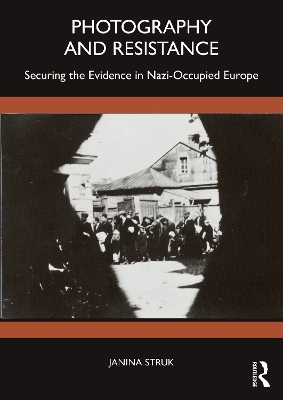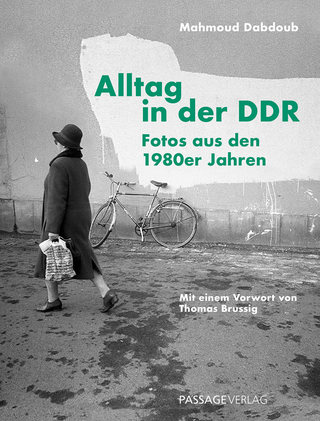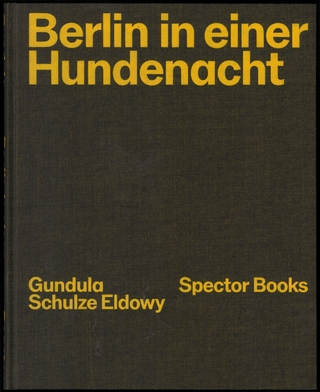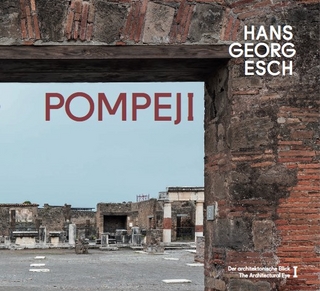
Photography and Resistance
Securing the Evidence in Nazi-Occupied Europe
Seiten
2024
Routledge (Verlag)
978-1-350-12020-4 (ISBN)
Routledge (Verlag)
978-1-350-12020-4 (ISBN)
Photography and Resistance tells the stories of the people who resisted fascism in Europe by taking or securing photographs.
It complements Janina Struk's ground-breaking 2004 book Photographing the Holocaust, which has become a standard text on images of the Holocaust. Now she focuses on images taken at enormous risk by those resisting the Nazis, whether political activists or volunteers in underground networks, workers in photographic studios or public institutions, prisoners in the concentration camps, professional photographers, or individuals – all of whom believed in photography as a form of resistance. It includes images never seen before, and accounts of actions and heroism barely reported in the past. Many images were clandestinely taken, and the book discusses the means photographers employed and the motivation that compelled them to risk their lives to compile the evidence. The book also questions whether the importance of their contribution to the defeat of fascism has been recognized and whether the aspirations that drove them have been realized.
This original study will be an essential resource for students and scholars of photography, visual culture, Holocaust studies and history, as well as anyone interested in the history of the Second World War.
It complements Janina Struk's ground-breaking 2004 book Photographing the Holocaust, which has become a standard text on images of the Holocaust. Now she focuses on images taken at enormous risk by those resisting the Nazis, whether political activists or volunteers in underground networks, workers in photographic studios or public institutions, prisoners in the concentration camps, professional photographers, or individuals – all of whom believed in photography as a form of resistance. It includes images never seen before, and accounts of actions and heroism barely reported in the past. Many images were clandestinely taken, and the book discusses the means photographers employed and the motivation that compelled them to risk their lives to compile the evidence. The book also questions whether the importance of their contribution to the defeat of fascism has been recognized and whether the aspirations that drove them have been realized.
This original study will be an essential resource for students and scholars of photography, visual culture, Holocaust studies and history, as well as anyone interested in the history of the Second World War.
Janina Struk is a freelance documentary photographer, writer and lecturer. She is the author of the acclaimed book, Photographing the Holocaust: Interpretations of the Evidence (2004), which presents a history and critique of images taken during the Holocaust, and Private Pictures: Soldiers’ Inside View of War (2011), a thought-provoking perspective of soldiers’ pictures that span the wars of the past hundred years.
Introduction 1. ‘Jews, write and record!’ 2. Deadly refuge: the camps in France. 3. ‘Spanish war photographer reporter’. 4. The Underground State: Poland’s resistance network. 5. Unlikely heroes: the Warsaw Swedes. 6. The Łódż Ghetto photographers 7. The Auschwitz-Birkenau underground. 8. A legacy of resistance.
| Erscheinungsdatum | 07.11.2024 |
|---|---|
| Zusatzinfo | 68 Halftones, black and white; 68 Illustrations, black and white |
| Verlagsort | London |
| Sprache | englisch |
| Maße | 174 x 246 mm |
| Gewicht | 440 g |
| Themenwelt | Kunst / Musik / Theater ► Fotokunst |
| ISBN-10 | 1-350-12020-0 / 1350120200 |
| ISBN-13 | 978-1-350-12020-4 / 9781350120204 |
| Zustand | Neuware |
| Haben Sie eine Frage zum Produkt? |
Mehr entdecken
aus dem Bereich
aus dem Bereich
Fotos aus den 1980er Jahren von Mahmoud Dabdoub
Buch | Hardcover (2024)
Passage-Verlag
24,50 €
Buch | Hardcover (2024)
Spector Books OHG (Verlag)
42,00 €
der architektonische Blick : the architectural eye
Buch | Hardcover (2024)
König, Walther (Verlag)
38,00 €


